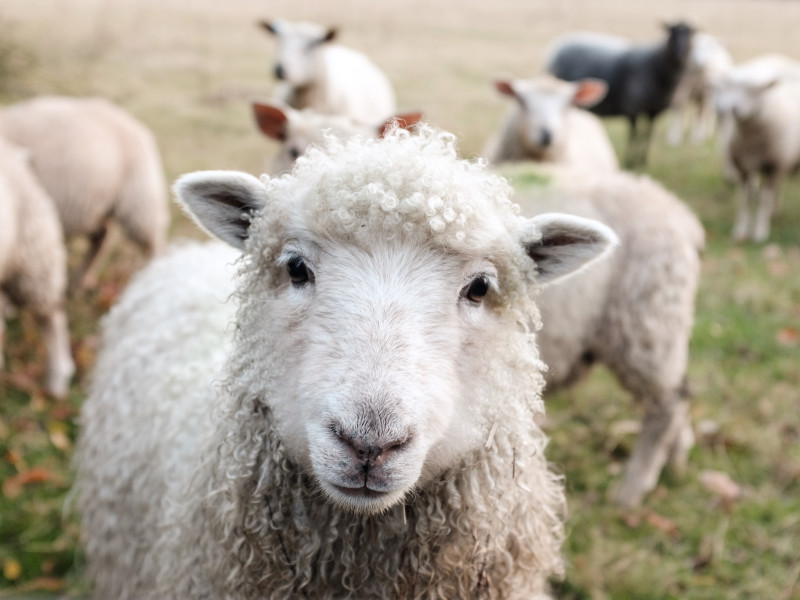Harsher punishments for animal cruelty offenders

From 1 July 2023 updated sentencing guidelines will apply for offences committed in contravention of the Animal Welfare Act 2006. These follow on from an increase to the maximum sentence which came into force last year.
In 2021 the Animal Welfare (Sentencing) Act brought about a significant change to the sentence for certain animal cruelty related offences, increasing the previous maximum of six months’ imprisonment to five years. The offences are:
- Causing unnecessary suffering
- Carrying out a non-exempted mutilation
- Docking the tail of a dog except where permitted
- Administering a poison to an animal
- Involvement in an animal fight
These offences have since late June 2021 been classed as “either way”, which means that they can be dealt with in the Magistrates' Court or the Crown Court, whereas previously they could only be heard in the Magistrates' Court. The intention behind the increase in sentencing powers was to more properly reflect the nature and extent of the offences which can sometimes be committed, and ensure that the courts have the appropriate powers to deal with those who seriously mistreat animals. We are known as a nation of animal lovers and it is therefore unsurprising that the changes have been welcomed in particular by the RSPCA. The increased maximum sentence of imprisonment also ought to deter potential offenders.
The importance of Sentencing Guidelines cannot be overstated, as they are crucial to both the Defendant and the Court. These updated guidelines provide the Court with a framework to follow when determining an appropriate sentence. By considering all factors, including the level of an offender’s culpability and the degree of harm caused to the animal, in addition to aggravating and mitigating factors, the guidelines help ensure that each case is evaluated on its own merits and that the Defendant is treated fairly in accordance with the law. It is important to note that Sentencing Guidelines must be followed, unless the Court is satisfied that it would be contrary to the interests of justice to do so in all the circumstances of a particular case.
Two updated Sentencing Guidelines enhance and facilitate the sentencing process for cases involving animal mistreatment. These are referred to as the Animal Cruelty guideline, which covers the more serious offences, and the Failure to Ensure Animal Welfare guideline, for less serious offending.
What are the updates to the Animal Cruelty guideline?
From 1 July 2023, the Courts will use the Animal Cruelty guideline to assist in determining the punishment for individuals who are convicted of committing the above listed offences.
Factors such as extreme or sadistic cruelty, prolonged or repeated incidents, or use of significant force, would see an offender's culpability evaluated at a higher level.
If those actions caused death or severe injuries, the starting point on sentence would be in the region of 2 years’ imprisonment.
Additionally, cases involving a substantial number of animals, or the sharing of images of cruelty on social media, or those committed in front of children will be viewed as aggravating circumstances which would increase the level of sentence.
What’s in the new Failure to Ensure Animal Welfare guideline?
This sentencing guideline will be followed solely in relation to offences committed under section 9 of the Animal Welfare Act, which is referred to as a breach of duty of a person responsible for ensuring an animal's welfare. It's important to note that this offence is still classified as “summary-only” and therefore can only be dealt with in the Magistrates’ Court. This means that the maximum sentence is 6 months’ imprisonment.
The guideline includes consideration of aggravating factors such as multiple animals being involved, an offender having professional responsibility for the animals, and where an offence has been driven by financial gain.
Deprivation and Disqualification
The power of the Courts to impose Deprivation and Disqualification Orders, as part of sentence, remains unaltered. There is a presumption that the Court will make these Orders unless there is a reason not to, which has to be referred to in open court.
How We Can Help
The changes to sentencing powers and the way in which the Courts will be expected to apply them from 1 July 2023 has significantly increased the pressure upon owners, professionals and farmers facing investigation and prosecution by the RSPCA, the Police or Trading Standards.
We recognise that facing a criminal allegation is one of the most stressful experiences which a person can face. Investigations and prosecutions will often take a significant period of time to reach a conclusion. The potential impact of being convicted can be terrifying, both in terms of sentence and the effect upon reputation and employment.
If you find yourself facing an animal cruelty or welfare allegation, please do not hesitate to contact our team, giving you the reassurance of being represented by an experienced lawyer, with instruction of a highly regarded expert vet.
Please contact Howard Catherall on 01603 281172 or hcatherall@leathesprior.co.uk for more information.


